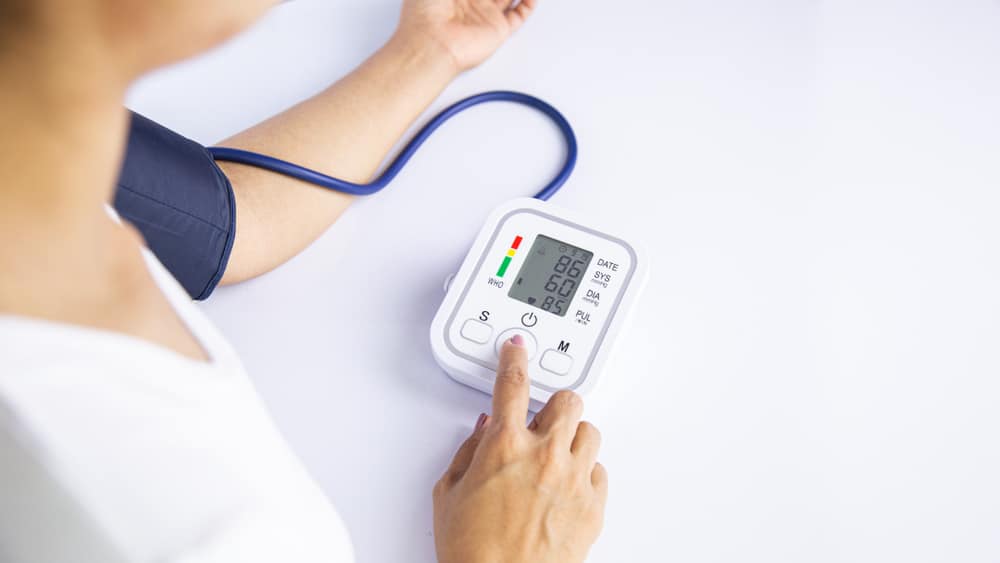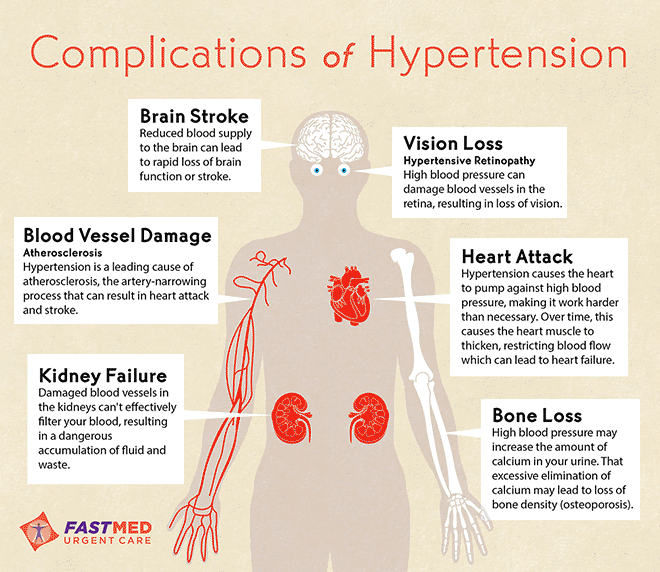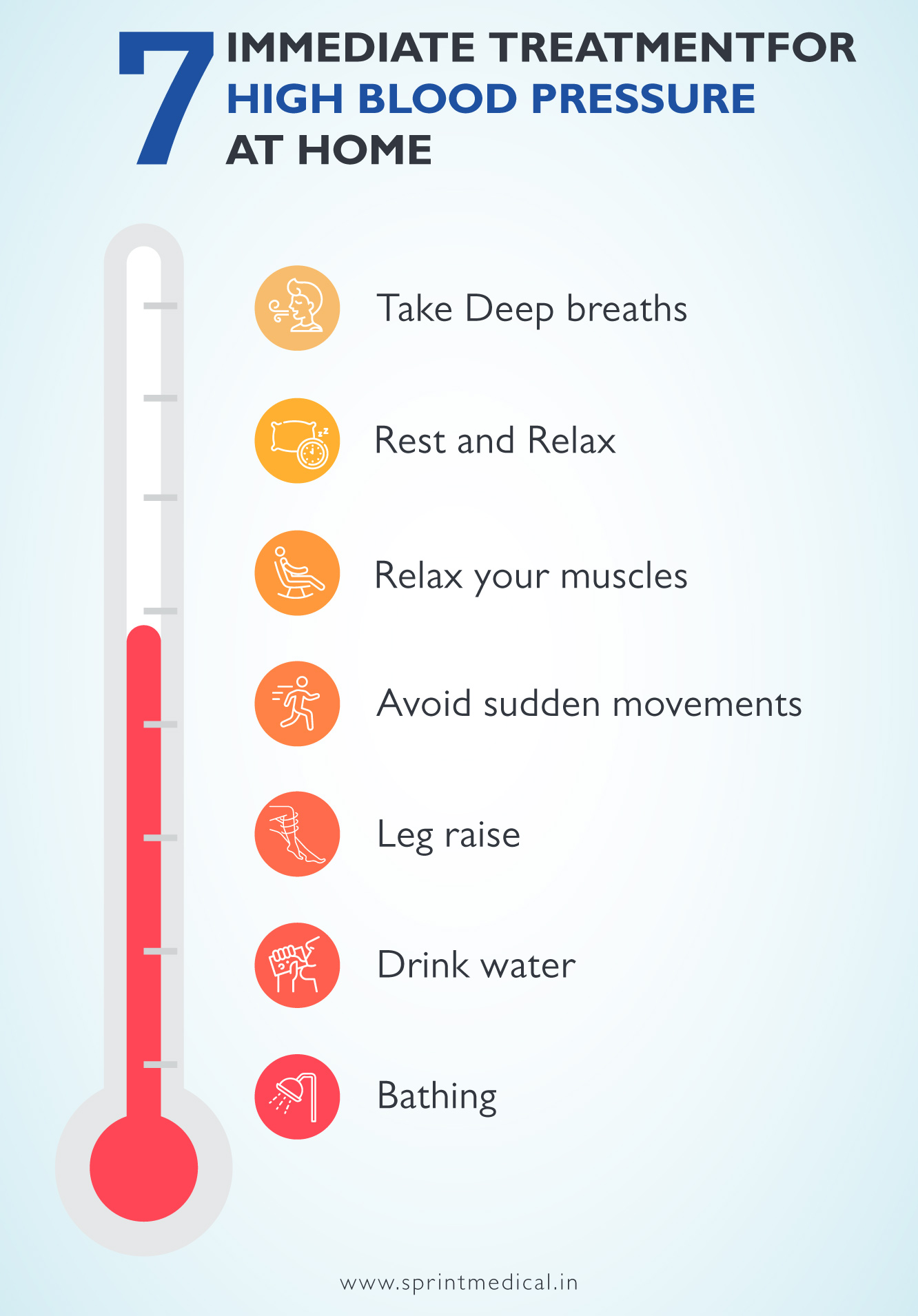To bring your blood pressure down urgently, focus on deep breathing exercises and avoid caffeine and salty foods. High blood pressure, also known as hypertension, is a common condition that affects many people worldwide.
It occurs when the force of blood against the walls of your arteries is consistently too high, putting extra strain on your heart. If left untreated, hypertension can lead to serious health problems such as heart disease and stroke. Fortunately, there are measures you can take to lower your blood pressure quickly.
We will discuss some effective methods to bring your blood pressure down urgently and promote overall cardiovascular health. By incorporating these strategies into your daily routine, you can improve your blood pressure readings and reduce your risk of complications.
Understanding Blood Pressure
If you are looking to urgently lower your blood pressure, there are a few things you can try. Firstly, incorporate regular physical activity and a healthy diet, focusing on reducing sodium intake. Additionally, managing stress and getting enough sleep can also contribute to lowering blood pressure.
Understand Blood Pressure What is blood pressure? Blood pressure refers to the force exerted by the blood against the walls of your blood vessels as it circulates throughout your body. It is measured using two numbers: systolic pressure over diastolic pressure.
The systolic pressure is the higher number and represents the force when the heart beats and pumps blood. The diastolic pressure is the lower number and represents the force when the heart is at rest between beats.
Why is high blood pressure dangerous? High blood pressure, also known as hypertension, is a serious medical condition that can have detrimental effects on your health. When your blood pressure is consistently elevated, it puts strain on your heart and blood vessels.
Over time, this strain can damage the arteries, leading to an increased risk of heart disease, stroke, kidney problems, and other complications. Here are some of the reasons why high blood pressure is considered dangerous:
1. Increased risk of heart disease: High blood pressure is a leading risk factor for heart disease, which can manifest as heart attacks, heart failure, or coronary artery disease.
2. Risk of stroke: Uncontrolled high blood pressure can damage blood vessels in the brain, increasing the risk of stroke – a potentially life-threatening condition.
3. Kidney damage: The kidneys play a crucial role in regulating blood pressure. High blood pressure can cause damage to the kidneys, leading to reduced kidney function and even kidney failure over time.
4. Vision problems: Hypertension can damage blood vessels in the eyes, leading to vision problems, including blurred vision, retinopathy, and even loss of vision in severe cases.
5. Aneurysm formation: Constant high pressure can weaken the walls of blood vessels, contributing to the formation of aneurysms. Aneurysms are bulges in blood vessels that can rupture, causing severe internal bleeding and potentially life-threatening situations.
6. Impact on other organs: High blood pressure can affect various organs in the body, such as the brain, heart, kidneys, and eyes. It can cause damage or dysfunction in these organs, leading to a range of health issues.
It is essential to understand the dangers associated with high blood pressure and take the necessary steps to control and manage it effectively. By adopting a healthy lifestyle, making dietary changes, exercising regularly, and seeking medical advice, you can bring your blood pressure down and reduce the potential risks it poses to your health.

Credit: www.visitcompletecare.com
Quick Ways To Lower Blood Pressure
Blood pressure is the force of blood against the walls of your arteries. High blood pressure can lead to serious health problems. Here are some quick ways to bring down your blood pressure promptly.
Stay Hydrated
Drinking plenty of water can help lower blood pressure. Dehydration can cause blood vessels to constrict, which can raise blood pressure. Aim to drink at least 8 glasses of water per day.
Manage Stress Levels
Stress can contribute to high blood pressure. Engage in relaxation techniques such as deep breathing, meditation, or yoga. It's important to find healthy ways to cope with stress to help lower blood pressure.
Dietary Changes To Lower Blood Pressure
High blood pressure, also known as hypertension, can lead to serious health complications if left unmanaged. One effective way to bring your blood pressure down urgently is through dietary changes. By making certain adjustments to your diet, you can reduce sodium intake and increase the consumption of potassium-rich foods. These changes can help regulate your blood pressure and promote a healthier cardiovascular system. Here are some dietary recommendations to help you achieve lower blood pressure levels quickly and naturally:
Reduce Sodium Intake
To lower your blood pressure, it is crucial to reduce your sodium intake. Excessive salt consumption can cause fluid retention and increase blood volume, leading to elevated blood pressure levels. By cutting back on salt, you can promote a healthier cardiovascular system. Here's how you can achieve this:
- Avoid processed and packaged foods, as they often contain high amounts of sodium.
- Read food labels carefully and choose low-sodium or sodium-free alternatives.
- Use herbs and spices to enhance the flavor of your meals instead of relying on salt.
- Limit the consumption of canned soups, salty snacks, and pickled foods.
Increase Potassium-rich Foods
Incorporating potassium-rich foods into your diet can also help lower your blood pressure. Potassium helps balance the levels of sodium in your body, promoting healthy blood pressure levels. Here's how you can increase your potassium intake:
- Include bananas, oranges, and strawberries in your daily fruit intake.
- Consume leafy green vegetables such as spinach and kale, which are excellent sources of potassium.
- Eat foods rich in potassium, such as avocados, sweet potatoes, and tomatoes.
- Snack on nuts and seeds, like almonds and sunflower seeds, which are packed with potassium.
By reducing sodium intake and increasing the consumption of potassium-rich foods, you can effectively bring your blood pressure down urgently. Making these dietary changes can have a positive impact on your overall health and well-being. Remember to consult with your healthcare provider before making any significant changes to your diet or lifestyle.

Credit: www.fastmed.com
Lifestyle Modifications For Lowering Blood Pressure
When it comes to managing high blood pressure, lifestyle modifications play a crucial role. By making simple yet effective changes to your daily routine, you can bring your blood pressure down urgently and improve your overall health. Below are some key lifestyle modifications that can help you achieve lower blood pressure levels:
Exercise Regularly
Regular exercise is a powerful tool for controlling high blood pressure. By engaging in physical activity on a regular basis, you can strengthen your heart, improve blood flow, and lower your blood pressure levels. Aim for at least 30 minutes of moderate intensity exercise, such as brisk walking or cycling, most days of the week. Consider incorporating activities you enjoy, like dancing or swimming, to make your exercise routine more enjoyable.
Quit Smoking
Smoking is not only harmful to your lungs but also to your blood vessels. It can lead to an immediate spike in blood pressure and increase the risk of heart disease.
If you're a smoker, quitting is one of the best things you can do to bring your blood pressure down urgently. Seek support from loved ones, join a support group, or explore proven smoking cessation methods like nicotine replacement therapy or medication. Remember, the benefits of quitting smoking extend far beyond just lowering your blood pressure.

Credit: sprintmedical.in
Conclusion
Lowering your blood pressure urgently requires immediate action. By implementing lifestyle changes, such as regular exercise, a healthy diet, and stress management, you can effectively bring your blood pressure down. Additionally, seeking medical advice and medication, if necessary, is crucial for managing and reducing high blood pressure.
With consistency and dedication, it's possible to achieve a healthier blood pressure level.






0 Comments